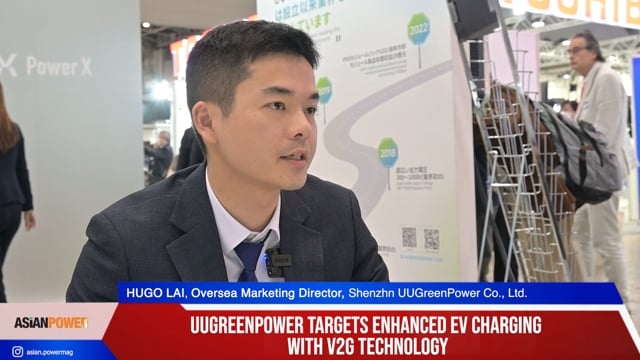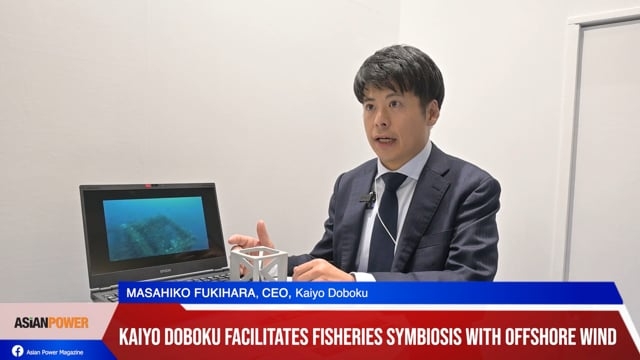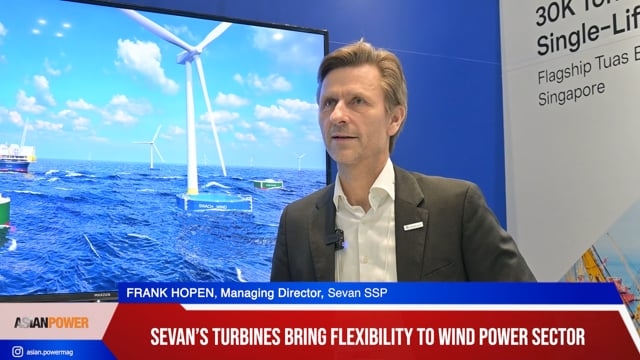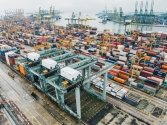
Korean government eyes boosting energy utility investments to KRW6.4tr
How will KEPCO be affected by this?
Moody's Investors Service says that Korea Electric Power Corporation's credit quality will not be affected by the Korean government's plan to increase investments in the country's energy utility sector to KRW6.4 trillion in 2016 from KRW1.5 trillion in 2015.
"The higher capex, if any, will likely be offset by KEPCO's increasing operating cash flows, mainly from its lowering of input costs and moderate tariff cuts," says Mic Kang, a Moody's Vice President and Senior Analyst.
On 27 January 2016, Korea's Ministry of Trade, Industry and Energy announced that it would increase the investments of state-owned energy utility companies in the country's energy utility sector. The move is aimed mainly at developing renewable energy sources, improving the efficiency of Korea's power facilities, and improving the economy through the creation of new businesses for small and medium ventures.
Moody's believes KEPCO will lead the government-initiated investment plan, given its near monopoly position in the country's power utility sector.
Such a role would mean higher capex for the state-owned integrated power company.
Nevertheless, Moody's says the likely higher capex will have limited effect on KEPCO's credit metrics, because the sharp fall in crude oil prices globally since 2H 2014 has led to lower import costs for liquefied natural gas, which in turn represents one of the company's key input costs.
Moody's recently revised its price assumptions for Brent crude to an average of $33 per barrel in 2016 and $38 per barrel in 2017. The revisions lower Moody's price assumptions by around $10 per barrel.
Moody's believes that the government will unlikely lower KEPCO's tariffs significantly to match the fall in global fuel prices, given Moody's expectation that the government will help the company secure adequate internal cash resources to fund its capex and curb any excessive demand for electricity in the country, stemming from lower retail electricity prices.
Moody's expects KEPCO's funds from operation/debt to fall by 2%-3% to 23%-26% over the next 12-18 months, even assuming that KEPCO takes on the majority of the increased investments in the power sector. Moody's notes that such a result would still be stronger than the 18% that KEPCO registered in 2014, and is also consistent with the company's baseline credit assessment of baa1.
The additional investment that KEPCO will undertake based on the government's initiatives forms a part of its policy role for the country's power utility sector. Moody's therefore believes the government will remain committed to KEPCO's financial health.
In addition, the government will remain highly supportive of KEPCO over at least the next two to three years, given the company's strategic importance as the nation's sole integrated electric utility and dominant power generator.























 Advertise
Advertise








